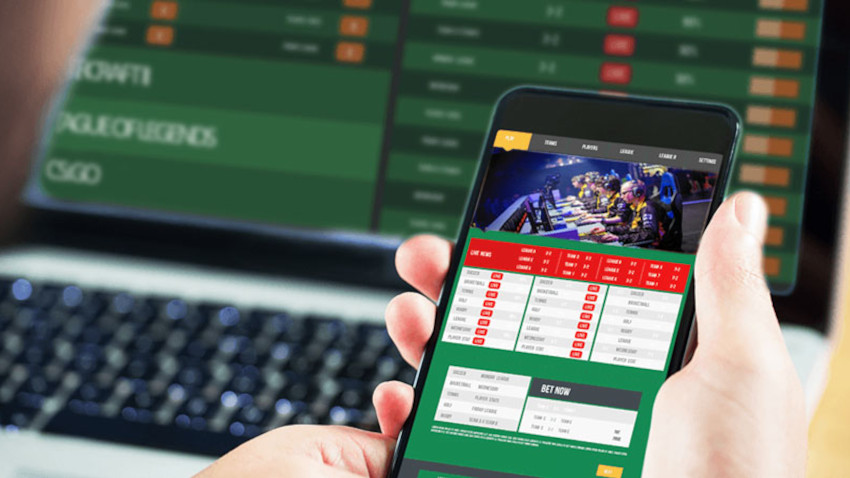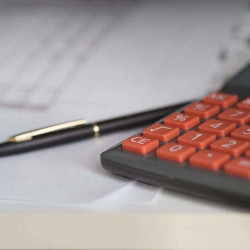How a Bookie Calculates Odds

If you are interested in starting a sportsbook, you may have wondered how a bookie calculates odds and makes money. In this pay per head bookie tutorial, we will explain the basic principles behind the math of betting odds and gambling.
Remember that there are various types of odds, which are American, decimal, and fractional. A probability can be expressed in a variety of formats, including those that are used by bookmakers. For example, fractional odds of 6/1 can be expressed as decimal odds of 7.00 or American odds of +600.
The second thing to understand is that odds are not the same as the real probability of an outcome. Bookmakers use various factors to calculate the odds, such as statistical data, form, history, public opinion, and their own margin. The margin is the percentage of profit that the bookmaker expects to make from each bet. For example, if the bookmaker has a 5% margin, it means that they expect to keep 5% of the total amount wagered by the bettors.
Guide on How a Bookie Calculates Odds
 It is vital to understand how to convert odds into implied probabilities and vice versa. The implied probability is the probability that reflects the odds offered by the bookmaker. It can be calculated by using a simple formula:
It is vital to understand how to convert odds into implied probabilities and vice versa. The implied probability is the probability that reflects the odds offered by the bookmaker. It can be calculated by using a simple formula:
Implied Probability = Stake / Total Payout
For example, if the bookmaker offers decimal odds of 3.00 for a certain outcome, the implied probability can be calculated as:
Implied Probability = 1 / 3.00 = 0.33 or 33%
This means that the bookmaker believes that there is a 33% chance that this outcome will happen. However, this does not mean that the real probability is also 33%. The real probability may be higher or lower than the implied probability. Also, it depends on how accurate the bookmaker’s assessment is.
Also, you need to know how to find value bets and make money from betting. A value bet is a bet that has a higher real probability than the implied probability offered by the bookmaker. This means that the bettor has an edge over the bookmaker. Also, it is the amount you expect to make a profit in the long run. To find value bets, one needs to compare the odds offered by different bookmakers and analyze the factors that influence the probability of an outcome.
For example, if one bookmaker offers decimal odds of 3.00 for a certain outcome, but another bookmaker offers decimal odds of 3.50 for the same outcome, it means that there is a discrepancy between their assessments. The bettor can take advantage of this discrepancy by betting on the outcome with higher odds and lower implied probability. If the real probability of this outcome is closer to 3.50 than to 3.00, then the bettor has found a value bet and can expect to win more often than lose.
Calculating Sports Betting Odds
To summarize, bookmakers calculate odds by considering two main elements: the probability of an outcome occurring and the probability of punters wagering on that outcome. They also add their own margin to ensure their profit. Bettors can calculate implied probabilities from odds and compare them with real probabilities to find value bets and make money from betting.
Although you generate odds with bookie software, it is vital that you know where the odds came from. That way, you can manually check if the odds are good. That concludes another how to become a bookie tutorial.



